Burkina Faso
The 71 deputies appointed to Burkina Faso's new Transitional Legislative Assembly (TLA) took office on Friday, more than a month after the coup d'etat that brought Captain Ibrahim Traore to power.
This assembly is responsible for voting on the texts of reforms planned during the transition.
The 71 deputies were appointed by the head of state (20), the defence and security forces (16), civil society organisations (12), representatives of the country's regions (13, one per region) and political parties (10).
They replace their predecessors who had been invested according to a similar mode of appointment in March, when the junta led by Lieutenant-Colonel Paul-Henri Sandaogo Damiba, who was overthrown at the end of September, set up the assembly.
A dozen deputies from the previous assembly were reappointed, such as Abdoulaye Soma, a former candidate in the November 2020 presidential election, or Ousmane Bougouma, a 41-year-old law professor, who was elected president of the assembly on Friday.
"Our country, Burkina Faso, is going through difficult times in its history. This is not the time for celebrations or rejoicing but rather for commitment and self-sacrifice.
"I urge you to be sober, to make a collective effort and to show patriotic commitment," he said, addressing the deputies, calling for "an uncompromising control of government action".
The establishment of this legislative body follows the adoption in mid-October of a Transitional Charter, drawn up after consultation between the ruling junta and the "active forces" of the nation (parties, unions, civil society, etc.).
This charter stipulates that the members of the LTA have a "free mandate" and will not be paid, apart from session allowances.
Since 2015, Burkina Faso has been caught up in a spiral of violence attributed to jihadist movements affiliated with Al-Qaeda and the Islamic State (EI) group, which has left thousands dead and some two million displaced.
The deteriorating security situation has been used to justify two coups this year: the first at the end of January, when a military junta led by Lieutenant-Colonel Damiba overthrew elected president Roch Marc Christian Kaboré, and another at the end of September, which brought Captain Traoré to power.
Captain Traoré, who was sworn in as president of the transition on 21 October by the Constitutional Council, has set himself the goal of "reconquering the territory occupied by hordes of terrorists".



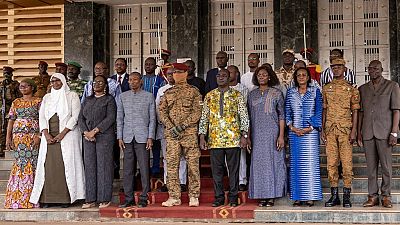

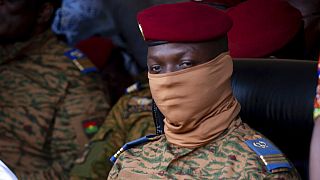
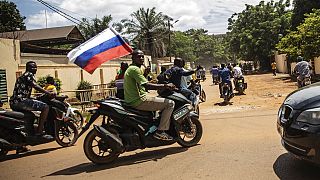
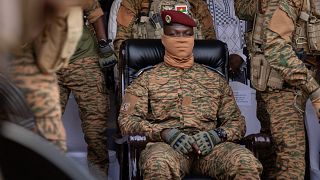
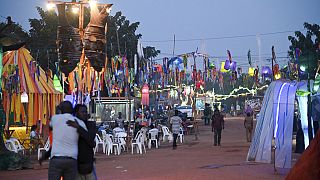
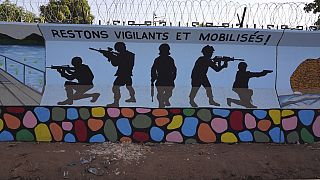
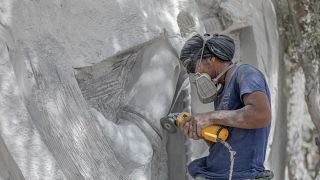



01:42
Niger: Conference in solidarity with the Alliance of Sahel States
01:48
Mixed feelings among Senegal's residents about election, as government claims victory
01:00
Maori MPs stage haka protest against treaty bill
01:00
Somaliland counts votes after pivotal election
Go to video
Ghana's Supreme Court restores NPP's Parliamentary majority ahead of December election
00:56
South Sudan's peace monitoring body meets to discuss election postponement